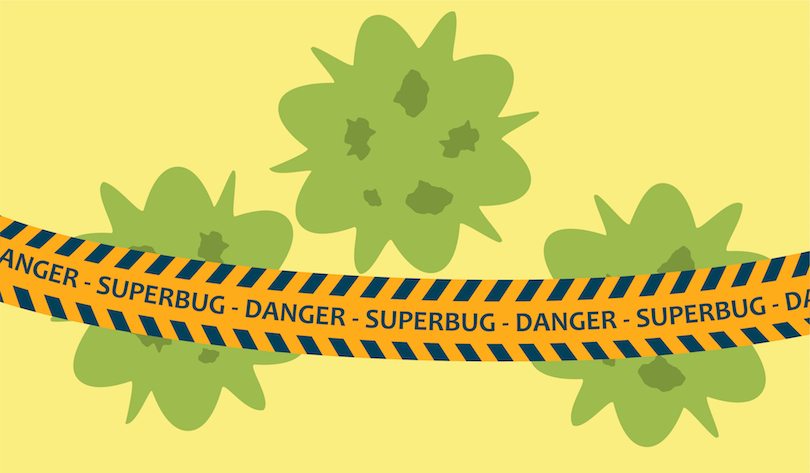Names of infections you’ve never heard of, such as MRSA, may be suddenly on your radar. And you might find that your doctor is a little less quick with his prescription pad when considering your cold or flu symptoms. Antibiotic resistance has been called one of the world’s most pressing health problems. Here’s why, and what it means for you:
What it is
Antibiotics, which are lifesaving drugs (some common ones are penicillin and amoxicillin) that have transformed once-deadly infections such as strep throat and pneumonia into treatable conditions. They are so effective, in fact, that for decades, they have been overprescribed—by some estimates, more than 50 percent more than they should be. Antibiotics are so common, they’re also used to treat animals in the food supply. All this medication has had a devastating effect: Over time, bugs targeted by the antibiotic develop an immunity to the drug; these antibiotic-resistant “superbugs” then spread through person-to-person contact or contaminated meat, poultry, or eggs.
Why it matters
These drug-resistant bugs can cause serious infections (including MRSA, which stands for Methicillin-resistant Staphylococcus aureus infection, and which is a harder-to-treat version of the common staph infection). Without an easy fix, they may require rare or expensive drugs and significant time in the hospital. In some cases, they can cause life-threatening complications.
What it means for you
Here are a few ways to protect yourself:

